The Micro Business Manager
From ideas to income, the essentials for the new entrepreneur
Whether you’re interested in learning about HR basics, cash flow statements, balance sheets, P&L, budgeting or creating a cash flow statement and maintaining a healthy cash flow when your small business is up and running, this collection has it all. Check out some of our most popular courses below.

Benefits
A growing collection
Explore 8+ key courses, covering budgeting to cash flow. These courses will give you the tools you need to make your new business a success, in clear language, without all the unexplained jargon.
CPD certified learning
This collection of courses is fully certified by the CPD Certification Service – so you can be assured that the content is both accurate and useful.
Learn in minutes, not hours!
Quick and engaging courses that can be taken in just 5-15 minutes, enabling rapid upskilling and improving learner retention. Plus, learn from anywhere, on any device!
Keep learners engaged
The courses use captivating storytelling, animation, and interactivity, so learners are more likely to retain information and convert that into practical change.
A glimpse at some of the courses
It’s naïve to think all staff will stay in position – people want to grow and learn. Whether you want to successfully change career, be your own boss, set goals and motivate yourself or simply learn about the power of a strong network, this career management collection has it all.
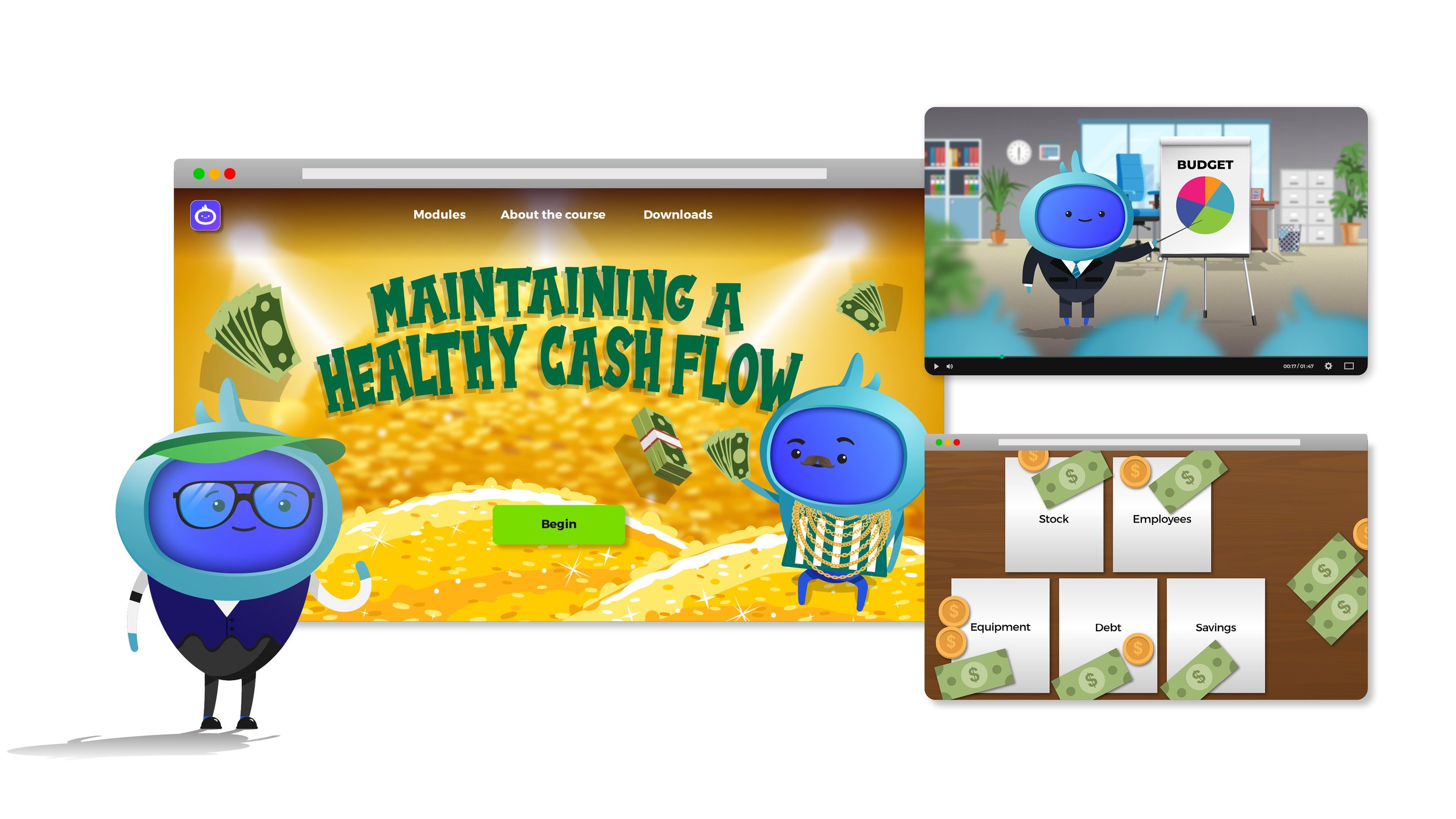

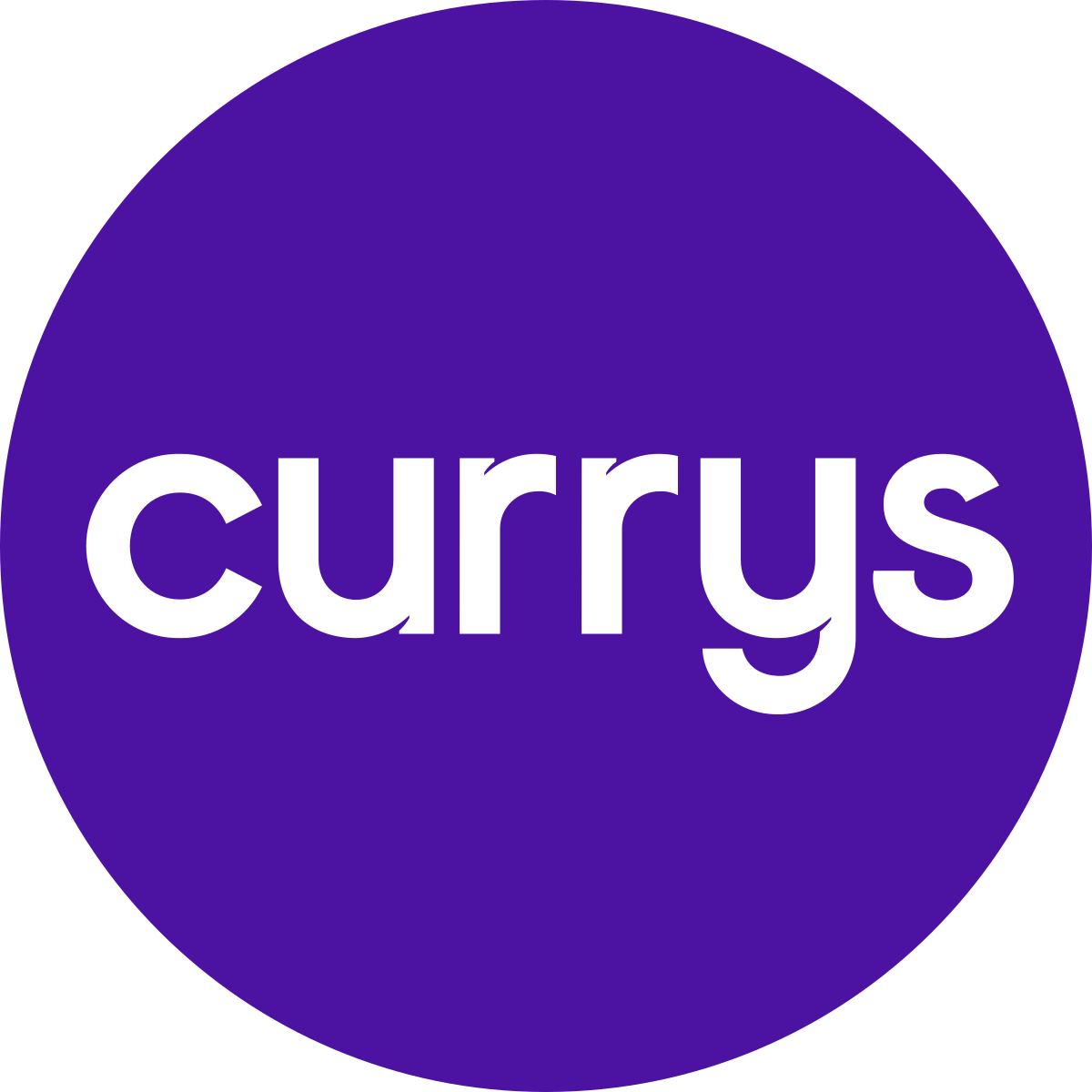


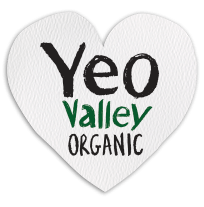
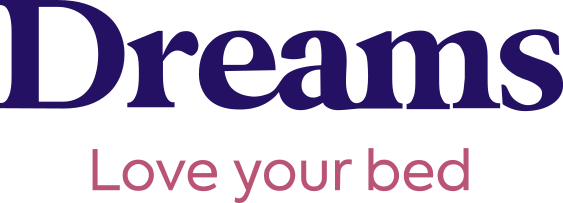


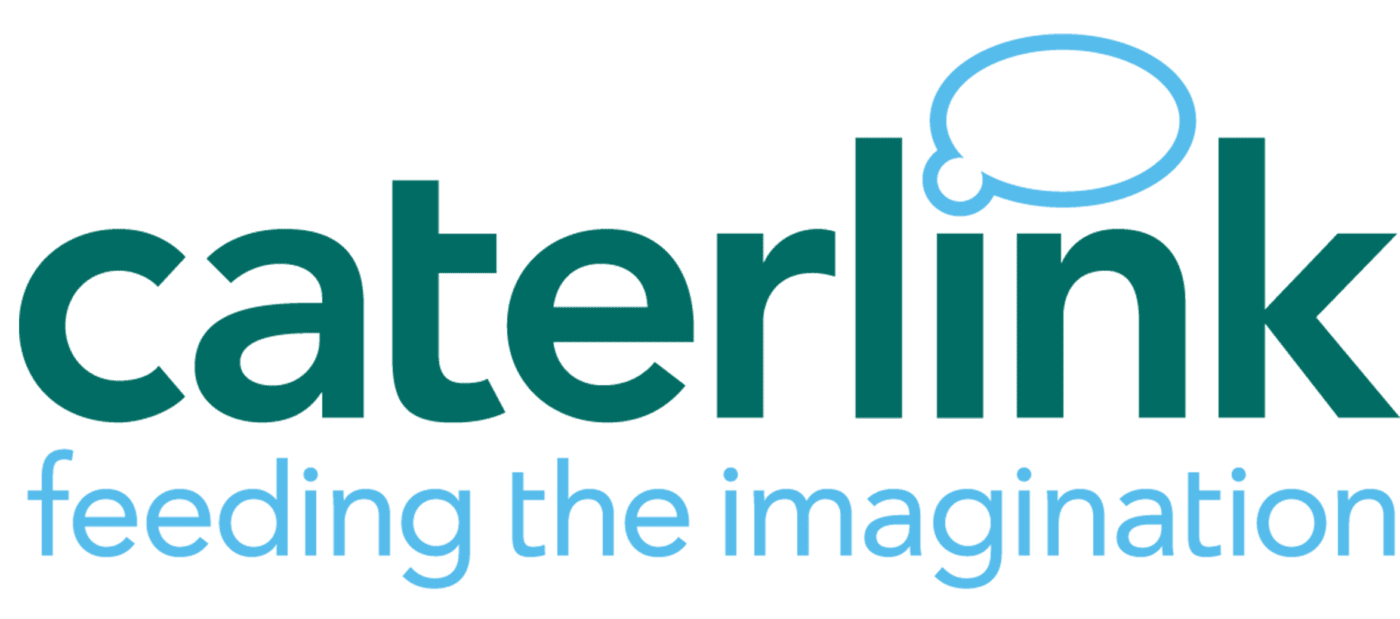

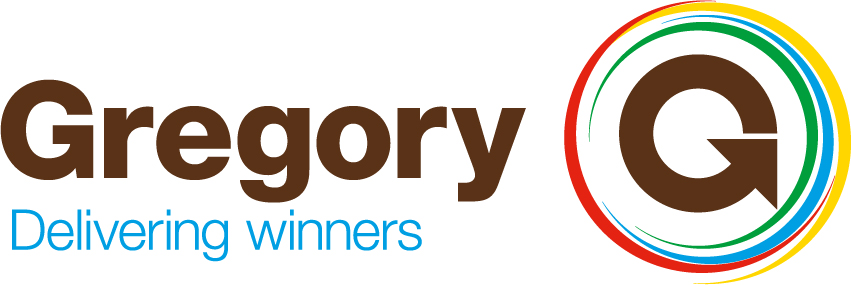

Search our The Micro Business Manager courses
There are no courses that matches your search criteria
Please try adjusting your search terms or removing filters to broaden your search criteria
Loading...

Want to see more?
Your business will likely face unique challenges, but our friendly team is happy to answer any questions you may have. We’re eager to show you any specific courses you’re interested in, or guide you through our off the shelf eLearning courses.